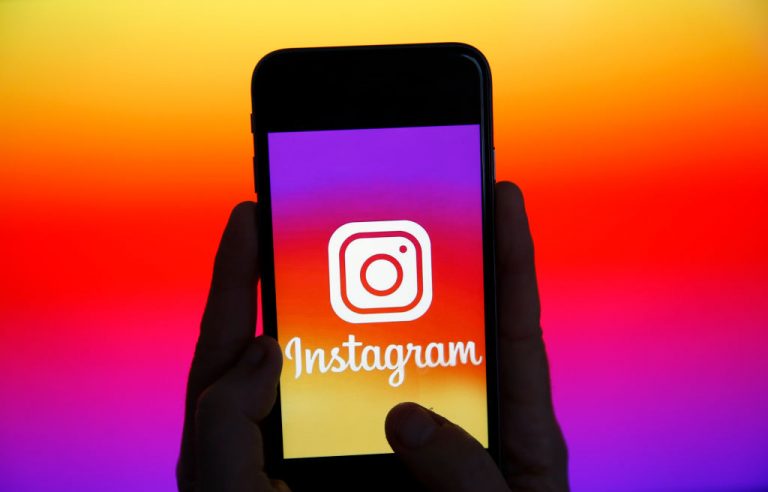A report published by the Wall Street Journal (WSJ) on Sept. 14 revealed that Facebook was aware of Instagram having a negative effect on the self-esteem of young girls but chose to do nothing about it. The WSJ used internal documents and data from the company to support its claim. Now, Facebook has come forward to counter the report, accusing the WSJ of inaccurately interpreting data.
Over 40 percent of Instagram users are aged 22 and below. In the United States, 22 million teens log into Instagram every day compared to just five million on Facebook. Teens also tend to spend 50 percent more time on Instagram than Facebook, which means that expanding its user base, especially among teenagers, is critical to Instagram’s.
According to the Sept. 14 report, the internal documents detailed findings of a study conducted by researchers at Instagram about body image issues among a key user base – young girls.
According to a slide presentation posted to Facebook’s internal message board in March 2020, “Thirty-two percent of teen girls said that when they felt bad about their bodies, Instagram made them feel worse… Comparisons on Instagram can change how young women view and describe themselves.”.
A 2019 slide stated that Instagram made body issues “worse for one in three teen girls.” Another slide stated that “teens blame Instagram for increases in the rate of anxiety and depression… This reaction was unprompted and consistent across all groups.” Six percent of American users and 13 percent of British users had suicidal thoughts due to their exposure to Instagram.
Success
You are now signed up for our newsletter
Success
Check your email to complete sign up
Despite these numbers, Instagram and Facebook chose to remain silent, publicly claiming that the photo-sharing app didn’t have much of a negative impact on users. In May, Instagram head, Adam Mosseri, characterized the app’s effects on teens as being “quite small.”
Facebook CEO Mark Zuckerberg has played down Instagram’s effects on teens. In a congressional hearing in March this year, Zuckerberg insisted that their research showed social media apps can have “positive mental health benefits.”
In a Sept. 26 post on the company’s website, Pratiti Raychoudhury, Vice President, Head of Research at Facebook, called the WSJ’s characterization of Instagram research as “not accurate.” Instead of being “toxic” to teen girls, the research actually demonstrated that Instagram “helps them when they are struggling” during hard times. However, she admitted that body image was one area where teen girls reported that “Instagram made it worse” than other areas like sadness, eating issues, loneliness, and anxiety.
“But here also, the majority of teenage girls who experienced body image issues still reported Instagram either made it better or had no impact,” the post said.
It goes on to say that the research was based on “only 40 teens” and that the study did not measure “causal relationships” between Instagram and real-world issues. Interestingly, the post remains silent on other claims made by the WSJ report, like how many teens claimed that they were addicted to using Instagram. Neither Facebook nor Instagram released the research data publicly so that independent researchers could study it.
The Facebook narrative against the WSJ comes as Instagram revealed that it is pausing plans to accept kids under the age of 13. In a Sept. 27 post, Mosseri said that the company wanted under 13-year-olds to join the platform so that “parents can supervise and control their experience.” Yet, they have chosen not to go ahead with the plan. Mosseri asserted that the project being paused is not an acknowledgment of it being a “bad idea.”
Back in May, a bipartisan coalition of U.S. Attorneys General sent a letter to Facebook, warning against Instagram to allow users under 13-year-olds to register for accounts. It argued that such a move could be detrimental to the well-being of children. It insisted that encouraging children from this demographic to share personal content online is contrary to their interests. The letter pointed out that children have not developed an understanding of the concept of privacy.
“Specifically, they may not fully appreciate what content is appropriate for them to share with others, the permanency of content they post on an online platform, and who has access to what they share online. They are also simply too young to navigate the complexities of what they encounter online, including inappropriate content and online relationships where other users, including predators, can cloak their identities using the anonymity of the internet,” the letter said.

















